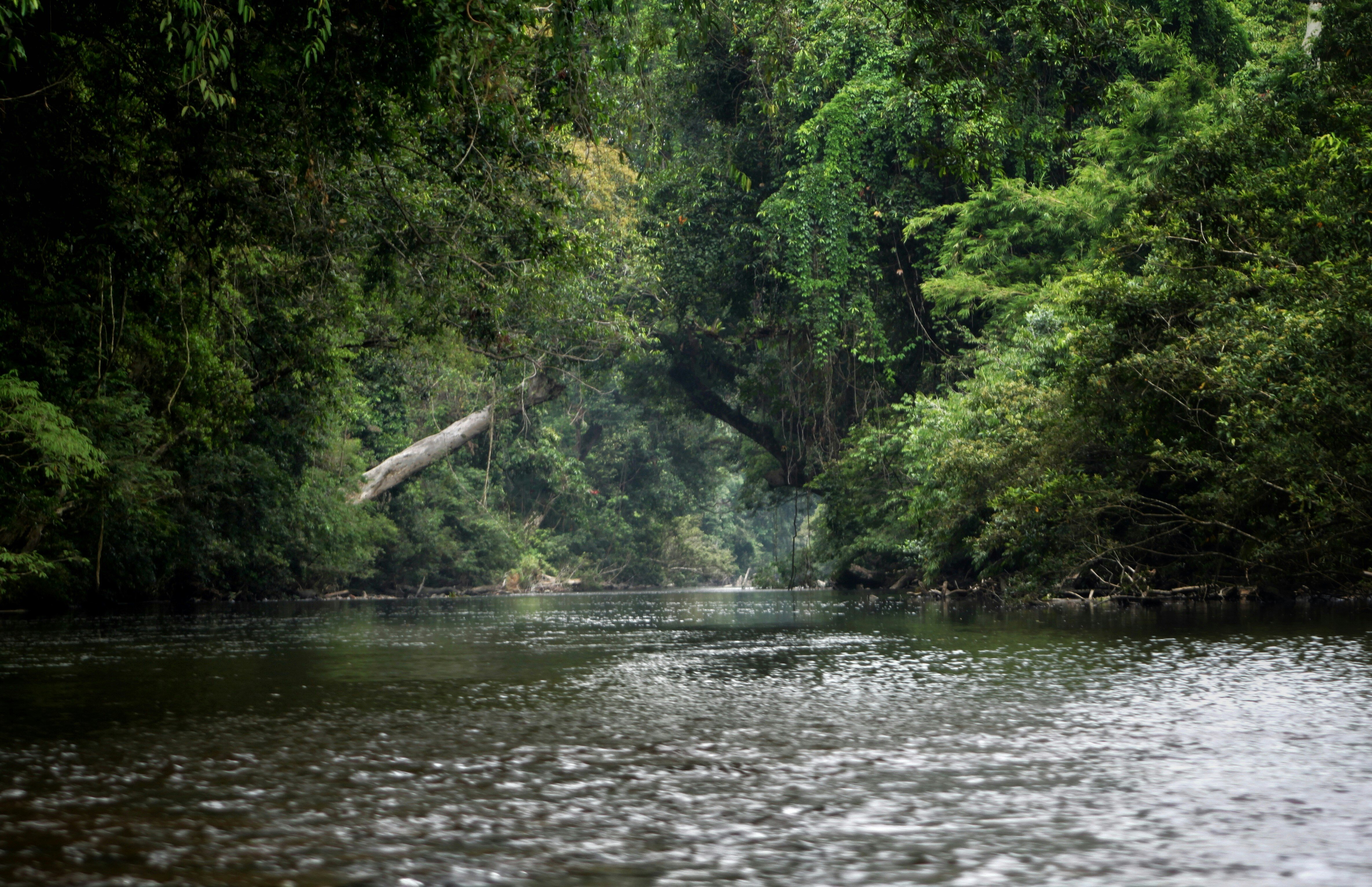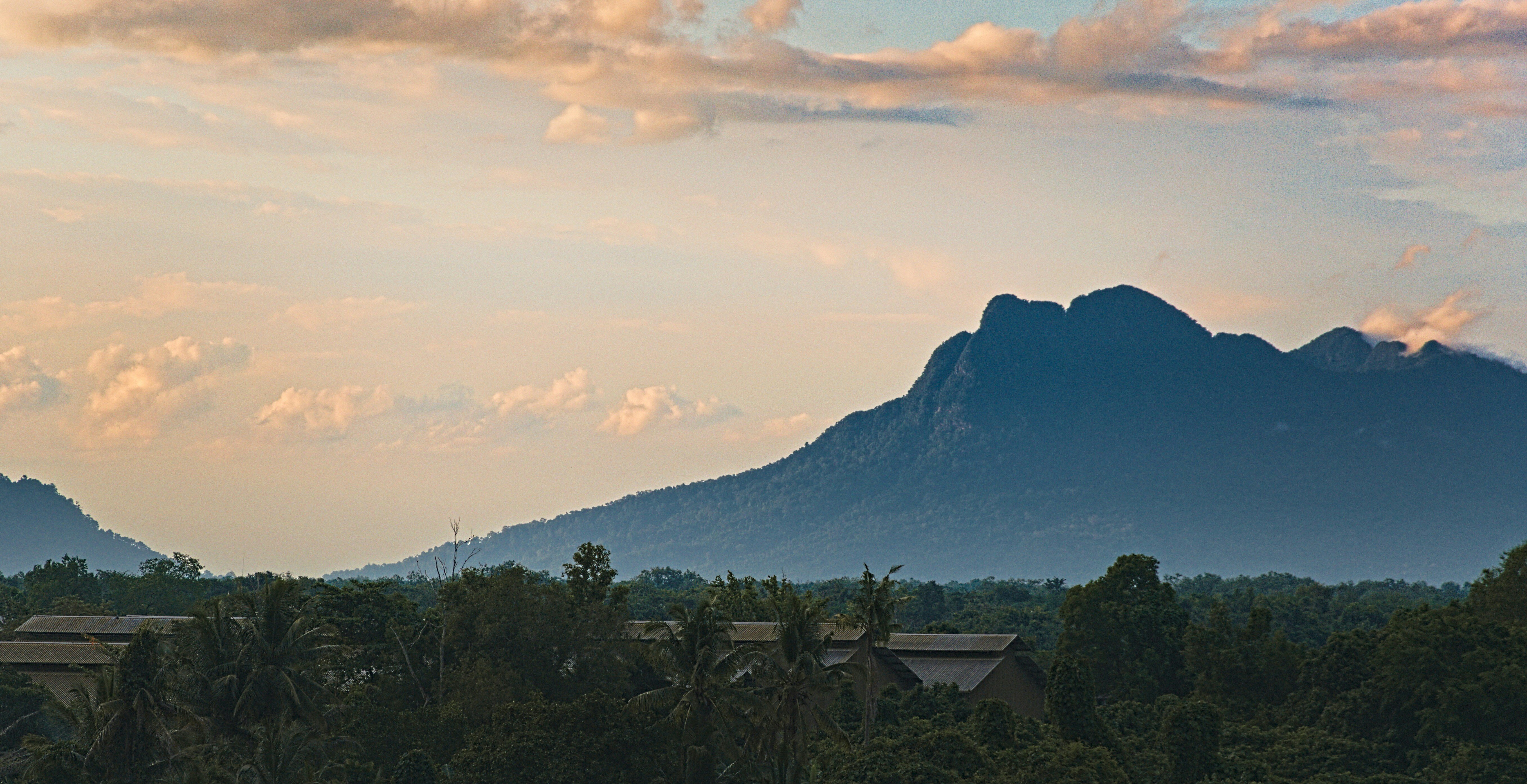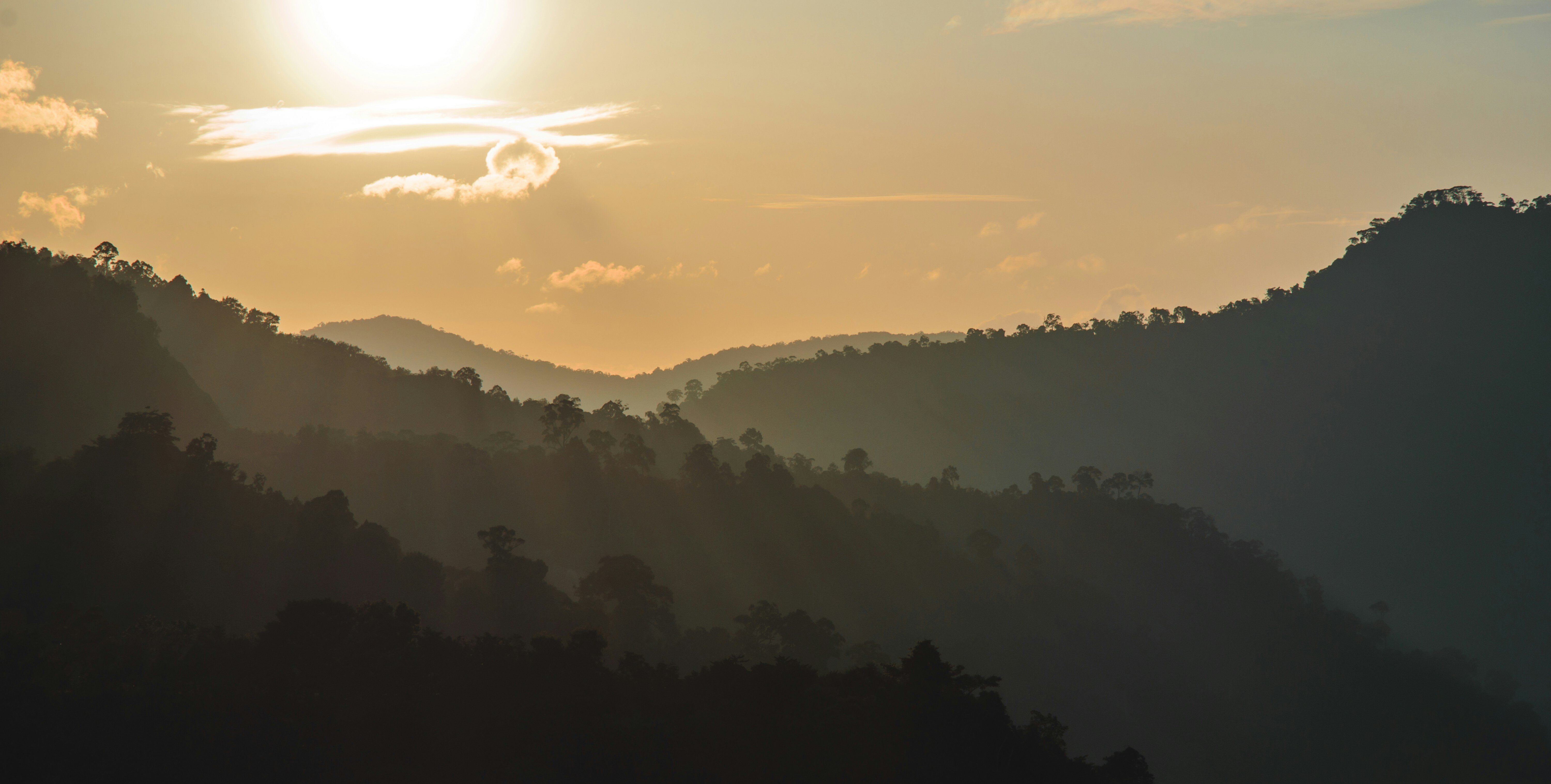Week 34: Conservation Finance News
Steps to mitigate human-wildlife conflicts
Ahmad Afandi highlighted a 40% increase in human-wildlife conflict reports over the past five years at the PRAXIS 2024 conference. These conflicts, involving various species, have led to significant losses and injuries. Collaboration among stakeholders is crucial to address these conflicts, with a focus on securing adequate funding and effective policy implementation. To learn more, you can click here.
Sabah could lead in regional park management
Sabah's expertise in marine park management and turtle conservation makes it a key player in the Coral Triangle region, aiming to protect biodiversity and sustain livelihoods of millions dependent on marine resources. Click here to learn more.
It's time to capitalise Malaysia's biodiversity credits
Malaysia's biodiversity is threatened by climate change, necessitating conservation efforts. Biodiversity credits are proposed to incentivise conservation and enhance ESG performance, requiring collaboration between governments, the private sector, and environmental NGOs for a sustainable future. To learn more, you can click here.
Changing Orang Utan Diplomacy to natural habitat conservation
The Malaysian government has shifted focus from its "Orang Utan Diplomacy" plan to conserve endangered species in their natural habitat, allocating funds for census and conservation efforts. Importers of Malaysian palm oil can now sponsor Orang Utans for conservation initiatives within their natural habitat. Click here to learn more.
AirAsia is looking for potential carbon offset projects in Sabah
AirAsia plans to invest in carbon offset projects in Sabah, using fees collected to implement projects such as wind power generation, sustainable fuels, and reforestation. The airline aims to be among the most carbon-efficient globally and calls for more carbon offset investments in the state. The Capital A Group will charge a sustainability fee on passengers, investing collections in carbon reduction projects in the region. To know more, you can click here.
RimbaWatch urges halt to Terrengganu oil palm project
Environmental watchdog RimbaWatch has urged the halt of a 2,228-hectare palm oil project in a virgin peat swamp forest in Terengganu, Malaysia, citing risks to carbon stocks and endangered species. The project violates government regulations and lacks adequate mitigation measures, prompting calls for its rejection and the protection of the forest reserve. To know more, you can click here.
Climate Action in Malaysia and ASEAN
Discussions at the SABC 2024 Side Program focused on Malaysia's climate legislation goals, including net-zero emissions by 2050 and increasing renewable energy capacity to 70% by 2025. Emphasis was placed on policy coherence, clean energy sources, and regional cooperation to address plastic pollution and climate change. Malaysia is actively exploring carbon credits with state governments and the World Bank, promoting comprehensive efforts for sustainable development. To learn more, you can click here.
Thai company seeks ASEAN carbon trade
Bangchak Corp and Bursa Malaysia are shaping a carbon credit market in ASEAN, aiming to establish a regional trading standard. They are working towards developing the ASEAN Common Carbon Framework (ACCF) in collaboration with other ASEAN states to promote carbon neutrality. Click here to learn more.
Biodiversity credits to get major private finance
Private finance is increasingly flowing towards biodiversity credits, with a focus on formalized government policies and reliable monitoring systems to drive demand. Efforts are underway to drive investments in nature-based solutions in the Global South, aiming to reach a potential $2 billion market by 2030 while emphasizing effective project monitoring to prevent system failures. To learn more, click here.
Ecosystem services in motion: a natural approach to funding GBF
The Kunming-Montreal Global Biodiversity Framework (GBF) aims to halt global biodiversity loss through strategic financing, bridging the gap between the Global North and Global South. Marine megafauna serve as a nature-based solution for ODA deployment, ensuring global species protection and GBF financing while highlighting their economic value and global heritage importance. Click here to learn more.



